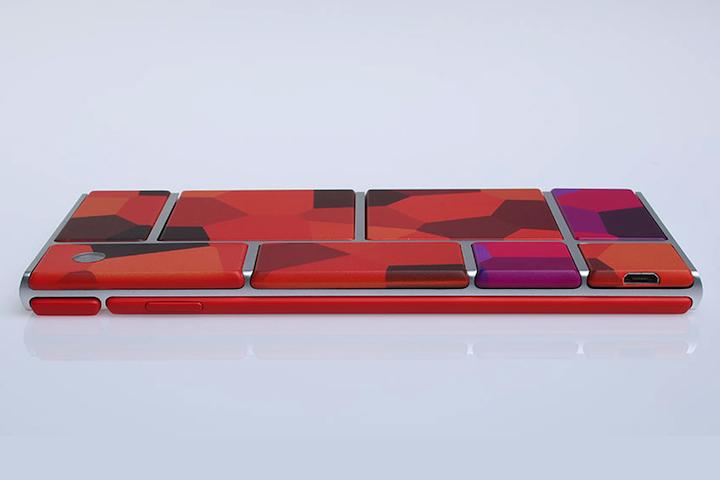
“We’ll keep that….don’t need those….let’s hold on to this….they can have that….” These were possibly the words of Larry Page and co. as they sorted through the Google box of Motorola goodies and not-so-goodies prior to offering the company to Lenovo.
The deal, which is expected to go through once it gets approval from US and Chinese authorities, will cost Lenovo $2.91 billion, nearly $10 billion less than what the Web giant paid for it back in 2011.
But no, Google isn’t handing everything over. The company said in a statement Wednesday it’d be holding on to “the vast majority” of Motorola’s patents that it says it’ll use “to defend the entire Android ecosystem.”
Ara
A conference call between the two companies following the announcement of the deal also revealed that Motorola’s Advanced Technology and Projects Group (ATAP) will be integrated into Google’s Android team, currently led by Sundar Pichai.
Headed by former Defense Advanced Research Projects Agency director Regina Dugan, ATAP is responsible for working on a number of what you might call ‘outlandish’ initiatives, among them electronic ‘password’ tattoos and authentication pills. A little bit more middle-of-the-road and apparently making real progress is Project Ara, its modular smartphone concept.
Project Ara first hit the headlines in October last year, when Motorola announced plans “to develop a phone platform that is modular, open, customizable, and made for the entire world.”
The device, which is thought to be at the very least a year away from launch, will let users choose which components to add to a smartphone ‘skeleton’, depending on how they tend to use their handset. So, for example, those who operate mostly in the cloud could put in a bigger battery and go with less storage space.
The idea is that it will also prevent waste, with users able to replace damaged components like a cracked screen or ruined battery instead of ditching the entire phone when part of it fails.
The last we heard from Motorola on Project Ara was in December when its CEO said a prototype should be coming “in the near future.”
Of course, with Wednesday’s major news regarding Lenovo, and Google reportedly taking control of the team behind Project Ara, who knows when its phone will finally get a release, though with Google’s mighty resources behind it, perhaps it’ll turn out to be a little earlier than expected.

